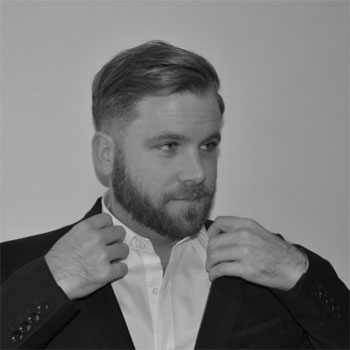is a writer and researcher living in Melbourne. He completed a Ph.D. with the Writing and Society Research Centre at Western Sydney University in 2016, under the supervision of Chris Andrews, Anna Gibbs and Ben Etherington.
My research develops a new conception of the twentieth century avant-garde, viewed through its relationship to the revolutionary politics of that century. In so doing, I stress the importance of generating a concept that both isolates the specificity of avant-garde aesthetic production, apart from broader trends in aesthetic experimentation, and is able to account for both the initial emergence of such movements and their later reappearance in the ‘neo’-avant-garde.
I have met this requirement by developing three concepts, the intersection of which, and commitment to, is the unique property of the avant-garde. Preeminent here is the centrality of revolutionary social transformation to the vision of the avant-gardes, and the question of how such change is accomplished. This, in turn, requires the avant-garde to develop a concept both of the subject in whose name revolution is made, and the new community that such a revolution founds. I argue that all avant-gardes, regardless of their ostensible political orientation, shared a common answer to these questions.
Deploying a term developed to describe the particular orientation of the working-class movement in the early twentieth century, I describe this common answer as ‘programmatism’. It consists of revolution viewed as the steady accumulation of victories by a mass, male subject engaged in industry, envisioning a community where such labour was generalised. Using this as a heuristic, I relate the emergence of an initial or ‘historical’ avant-garde with the revolutionary height of programmatism, and its greatest political victories, followed by a subsequent emergence of a ‘neo’-avant-garde marked by the decomposition of programmatism, and revolutionary moments that brought that conception itself into question.

